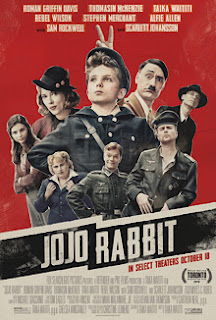
After the '72 Watergate scandal, American President Richard Nixon is forced to resign. Hated by a large amount of people, Nixon wants to speak to the public to present his perspective of things, and thus accepts the proposal of British talk show host David Frost for a TV interview in four parts. On his flight to California, Frost meets Caroline and starts a relationship with her. Since no TV network is willing to finance this endeavor, Frost is forced to pay $600,000 from his own pocket. When the interviews finally begin, Frost in unprepared and Nixon uses the camera to simply exonerate himself for the Vietnam War and everything else. This angers Frost's associate Reston, who insists that Frost should be more critical of Nixon. In the final interview, Frost asks more risky questions, until Nixon admits that he may have done wrong things and appologizes for it.
The famous '77 TV interviews between David Frost and one of the most hated US Presidents of the 20th century, Richard Nixon, are interesting, and more compelling to people fascinated by history. Ron Howard's movie about this topic is solid, but unravels like a dry PowerPoint presentation: too schematic, with little true ingenuity or inspiration. Its biggest vritues, save for its purpose of a hsitorical record, are great performances: Frank Langella is excellent as Nixon (save for the fact that he does not look like him, but then again, that is a frequent problem when making a biopic about historical figures), nailing his accent and mannerisms, though Michael Sheen is also strong as talk show host Frost. Howard relies on crispy clear cinematography and fast editing to engage the viewers, yet he has problems since the dialogues are not that well written, whereas the entire concept where two people just talk is not very cinematic. Behind the scenes problems are thus much more engaging, and in one scene at the airport, Frost, a British man, admits to his friend how he yearns for the interview, because "success in America is unlike success anywhere else." Howard and screenwriter Peter Morgan resisted in depicting Nixon in stereotypes, and instead showed him in a humanistic way, though their protagonist Frost did try to resist falling into the trap of allowing Nixon to simply use the interview as a giant, unchecked propaganda device to whitewash his own crimes and create an auto-hagiography (as it was the case with Oliver Stone's embarrassingly bad documentary with war criminal Vladimir Putin 9 years later), and instead tried to find a balance. "Frost/Nixon" is a standard, routine, yet overall good film with a few neat moments.
Grade:++























